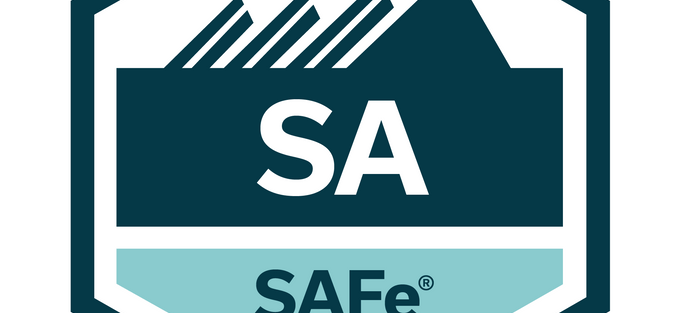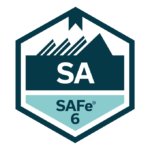In an era defined by rapid technological advancements and shifting customer demands, businesses must evolve to stay ahead. Traditional hierarchical structures and processes often hinder adaptability, leading organizations to seek out innovative solutions to navigate the complexities of modern markets. This is where the Scaled Agile Framework, or SAFe®, emerges as a guiding light, illuminating the path to true business agility. In this article, we delve into the transformative potential of SAFe® and how it empowers organizations to thrive in an ever-changing landscape.
SAFe®: A Framework for Business Agility
At its core, SAFe® is not just an Agile methodology; it’s a comprehensive framework designed to foster alignment, collaboration, and value delivery across all levels of an organization. While Agile practices initially revolutionized the way small teams work, scaling those practices to enterprise-wide initiatives poses unique challenges. SAFe® addresses these challenges by providing a structured approach that combines Agile principles with Lean thinking and DevOps practices.
The Need for Business Agility
In a world where customer preferences can shift overnight and disruptive technologies can reshape industries, business agility is no longer a luxury—it’s a necessity. Organizations that can quickly adapt their strategies, products, and processes are better positioned to seize opportunities and mitigate risks. Business agility encompasses the ability to pivot, innovate, and deliver value with speed and precision, and SAFe® serves as a powerful tool in achieving these goals.
SAFe® Principles and Benefits
- Alignment: SAFe® fosters alignment by ensuring that all teams and departments are working towards a shared vision and common objectives. This prevents silos and promotes a culture of collaboration.
- Value Delivery: SAFe® places a strong emphasis on delivering continuous value to customers. Features and enhancements are delivered at a regular cadence, ensuring that the organization remains responsive to customer needs.
- Adaptability: The Agile Release Train (ART) concept in SAFe® enables organizations to pivot quickly by planning, executing, and delivering increments of value in shorter cycles.
- Quality Focus: SAFe® integrates DevOps practices to ensure that quality remains high throughout the development lifecycle. Continuous testing, integration, and delivery result in more reliable products.
- Lean Thinking: Lean principles are interwoven into SAFe®, eliminating waste and promoting efficiency. This helps organizations optimize processes and reduce time-to-market.
SAFe® Implementation: A Transformative Journey
Implementing SAFe® is not merely a technical endeavor; it’s a cultural shift. It requires a commitment to change, a dedication to continuous learning, and a willingness to challenge the status quo. Organizations embarking on the SAFe® journey must cultivate a culture of transparency, collaboration, and experimentation. Leadership plays a pivotal role in championing the transformation and modeling the Lean-Agile mindset.
Conclusion
As the business landscape continues to evolve at an unprecedented pace, organizations must embrace change to survive and thrive. The Scaled Agile Framework, or SAFe®, offers a roadmap to unlocking business agility by blending Agile principles, Lean thinking, and DevOps practices. SAFe® empowers organizations to navigate the complexities of modern markets, respond to customer needs with speed and precision, and foster a culture of innovation and collaboration. In a world where adaptability is the key to success, SAFe® provides the key to unlocking the doors of true business agility.


